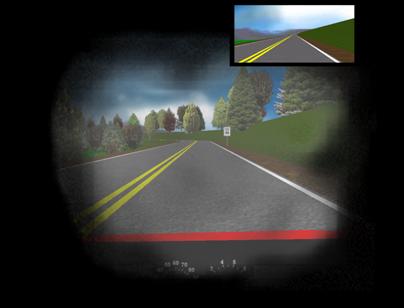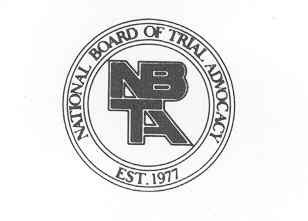 Contextual bias is a particular problem with respect to DUI arrests, not just in the state of Pennsylvania but in the entire country. Through often politicized law enforcement initiatives such as Operation Night Hawk and other similar DUI focused patrols, intense pressure is placed upon police officers and troopers to “hunt” drunk drivers. They are assigned a certain stretch of highway and given the specific task of searching out DUI infractions. That is all they are assigned to do on this particular occasion. This type of DUI focused patrol is called a saturation patrol. The fact that they are focused on DUI from the onset leads to a well known psychological phenomenon called contextual bias.
Contextual bias is a particular problem with respect to DUI arrests, not just in the state of Pennsylvania but in the entire country. Through often politicized law enforcement initiatives such as Operation Night Hawk and other similar DUI focused patrols, intense pressure is placed upon police officers and troopers to “hunt” drunk drivers. They are assigned a certain stretch of highway and given the specific task of searching out DUI infractions. That is all they are assigned to do on this particular occasion. This type of DUI focused patrol is called a saturation patrol. The fact that they are focused on DUI from the onset leads to a well known psychological phenomenon called contextual bias.
Contextual bias goes by another name that police officers are specifically trained and warned about when they go through the National Highway Traffic Safety Administration core curriculum with the Standardized Field Sobriety Tests. Here contextual bias is otherwise known as “tunnel vision.” Tunnel vision occurs when an individual who may be very well intentioned is suggested a particular conclusion and they eventually adopt it even though they maybe naturally may not have come that same conclusion otherwise. An easy example of this is the “cloud game”. You and I go outside and I point up at the sky and say “Hey look. That cloud looks like a rabbit.” You look up at it and you think to yourself that it really does look like a rabbit. Meanwhile, had I not suggested it, you might have thought it looked like a turtle or a duck or maybe nothing, but based on my suggestion, you start looking for long ears and a bushy tail and viola you see a rabbit. This is the essence of contextual bias.
This comes into play with DUI in Pennsylvania when Pennsylvania State Troopers are assigned to roving DUI patrols. They have been assigned to“hunt” DUI’s and in the process, perhaps intentionally or unintentionally, committing the error of contextual bias. These police officers are geared up for “hunting for drunks”and receive kudos at the end of their shift or saturation patrol based on how many arrests or contacts were made. Some are even given comp time or get easy duty assignments such as working as a construction detail as an attenuator where they sit for hours on end with their lights on at the beginning of a roadway project. When you factor in this extra incentive, it is a small wonder why a police officer who honestly means to do well can leap to a truly aberrant conclusion that a DUI exists when the evidence isn’t there. This is the problem with contextual bias and how it can result in innocent Pennsylvania drivers getting falsely arrested for DUI.
-Justin J. McShane, Esquire, Pennsylvania DUI Attorney
I am the highest rated DUI Attorney in PA as Rated by Avvo.com
You can follow me on Twitter, Facebook or Linkedin

Board Certified Criminal Trial Advocate
By the National Board of Trial Advocacy
A Pennsylvania Supreme Court Approved Agency
Herman Martinez says:
You are spot on when it comes to this issue. In Houston we have a DWI task force. What is most troubling is that the prosecutors give these officer more credit then they deserve.
When investigating a DWI I find that these task force officers make a troubling amount of mistakes despite being called the “cream or the crop” for DWI arrests. Another troubling issue is that amount of extra income these officers generate for themselves. Recently, it was disclosed that a task force officer that was making over $150,000 from his DWI arrests.